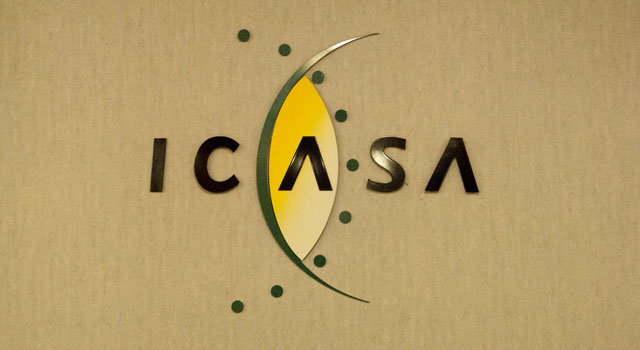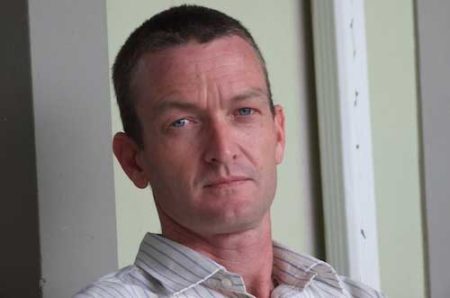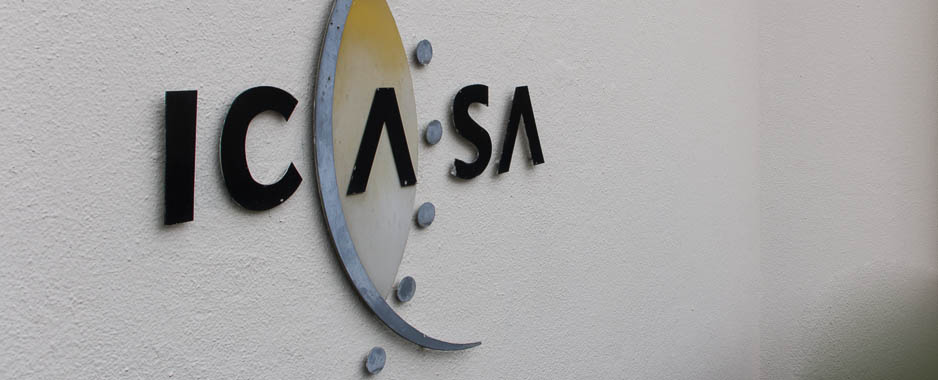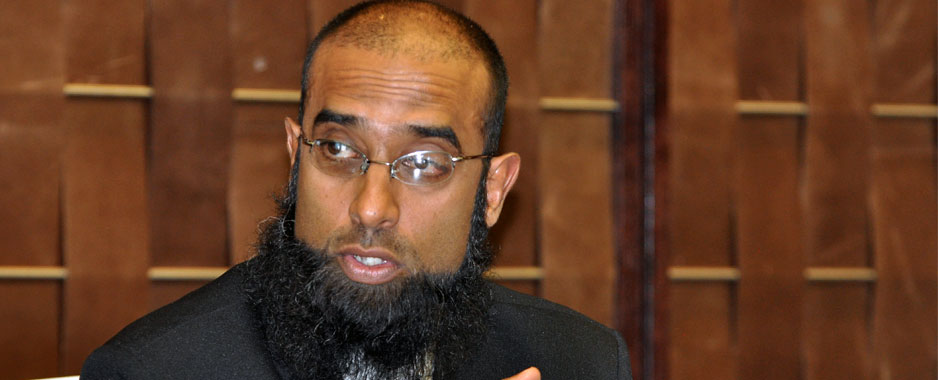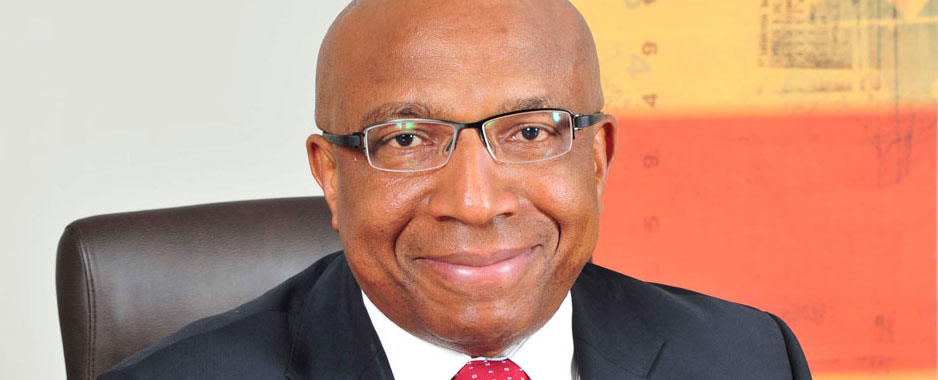The Independent Communications Authority of South Africa is launching an inquiry into the state of competition in the information and technology sector, it said on Thursday. “The authority has powers under the Icasa Act to conduct an inquiry into a range of different issues
Browsing: Icasa
The Internet Service Providers’ Association (Ispa) wants communications regulator Icasa to focus on more than just voice call termination rates, and believes there needs to be a greater emphasis on dealing with the cost of mobile data services in South Africa. “Voice remains a significant issue for the average consumer. At the
The Independent Communications Authority of South Africa (Icasa) has announced plans to launch what it’s calling a “high-level inquiry into the state of competition in the information and communications technology sector”. The authority, which regulates the telecommunications, broadcasting and postal services sectors
While all the focus in the telecommunications industry is on the fight over call termination rates, an even more important battle is looming large, this time over access to radio frequency spectrum. Billions of rand are at stake as South Africa’s big telecommunications operators
The Advertising Standards Authority (ASA) has ruled that Cell C must withdraw a radio advertisement that takes aim at rival MTN and its decision to take communications regulator Icasa to court over its final regulations on call termination rates. Cell C began flighting the ad on 20 February, soon after
“No options are off the table” as MTN South Africa looks to take an axe to high channel distribution costs. That’s according to the operator’s CEO, Zunaid Bulbulia, who says acquiring independent cellular service providers and cutting margins offered to the
View the latest Backspace cartoon from Jerm.
South Africa’s telecommunications industry has never been in such a heightened state of flux as it is today. The regulator, Icasa, has managed to enrage the two biggest operators, MTN and Vodacom, which have both now lodged voluminous applications at the high court in an effort to get new call
There is no direct link between mobile termination rates and retail prices. That’s the assertion of MTN South Africa CEO Zunaid Bulbulia, who on Sunday again questioned the move by communications regulator Icasa to cut the rates. In a statement, Bulbulia urges MTN subscribers to “let the facts
Telkom CEO Sipho Maseko has blasted his rivals at Vodacom and MTN, Shameel Joosub and Zunaid Bulbulia, accusing them of “standing in the way of South Africa’s future” by taking communications regulator Icasa to court over mobile termination rates. In an open letter to the Vodacom


